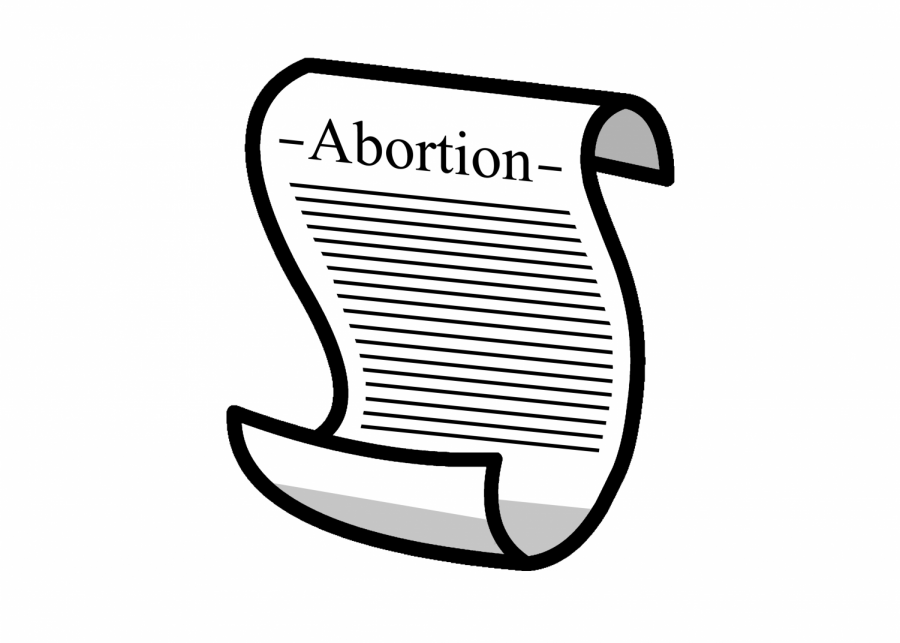BIPP: How will the changing political climate affect abortion rights?
November 8, 2019
On Oct. 29, U.S. District Court Judge Myron Thompson delivered a preliminary injunction against Alabama’s almost-total abortion ban, also known as the Human Life Protection Act. Created by Republican state legislators in May 2019, the bill would have gone into effect in mid-November. Had it not been blocked, individuals would have been unable to access abortions in almost all cases, even in instances of rape or incest; the only exceptions would be in cases where carrying the pregnancy to term would pose a grave health risk to the mother. Alabama House Bill 314 also stated that doctors who administered abortions could be found guilty of Class A felonies and face prison sentences equivalent to those of rapists and murderers. Similar anti-abortion efforts were made in Georgia and Ohio with the creation of so-called “heartbeat” bills, which would have blocked individuals from obtaining abortions once a heartbeat could be detected — about six weeks into pregnancy. Although these abortion bans have been temporarily halted, state officials are still hopeful that their legislation will make its way to the agenda of the right-leaning Supreme Court. The 1973 Supreme Court case Roe v. Wade was legitimized by a more left-leaning court that declared abortion access a constitutional right. Now with a different ideological makeup, U.S. Supreme Court outcomes could be different.
In consideration of the attempted abortion bans and restrictions, the Bucknell Institute for Public Policy (BIPP) hoped to gauge public opinion towards Roe v. Wade. In a nationally representative survey conducted by YouGov, the institute asked respondents whether or not they supported the overturning of Roe v. Wade. The survey results show that six percent of Democrats supported the overturning of the decision, while 44 percent of Republicans supported the overturning of it. The results also demonstrate that 43 percent of the individuals who found abortion to be very important supported the overturning of Roe v. Wade, while nine percent of individuals who found abortion to not be important at all supported overturning it. Similar statistics were reported for those who thought abortion was important and not very important, which differs significantly from figures recorded by those most passionate about the issue.
In an era of extreme polarization, it is surprising that the disparities in levels of concern about abortion are about as significant as disparities across party lines. People who are more passionate about birth control issues are more likely to voice their opinions and support their goals through lobbying, donating to candidates and engaging in outside funding. Therefore, it is more likely that these interests, rather than the interests of those who do not care as much about the issue, will be heard and represented by officials. While supporters of abortion rights could mobilize against these individuals, the changing political climate seems like it may be more favorable to those hoping to overturn Roe v. Wade. With a pro-life president, who has nominated over 150 federal judges, including two Associate Supreme Court justices, Neil Gorsuch and Brett Kavanaugh, it is more likely that anti-abortion sentiments will be fully represented. Roe v. Wade may not necessarily be overturned, but through a series of severe alterations to federal and state statute, it may be effectively nullified. With the changing composition of federal courts, sustained public support for restriction by Republicans and the increased salience of the issue to the public, such precedent is hardly set in stone.
Given the recent uproar over abortion, it seems that it will be a prevalent issue going into the 2020 election. Even if individuals are not the biggest supporters of U.S. President Donald Trump, they may stick by him to keep a president in office that will represent their interests, both related and unrelated to abortion, and appoint officials who will do the same. It will be interesting to see which candidate comes out on top and examine to what extent their stance on abortion affects their victory.




















